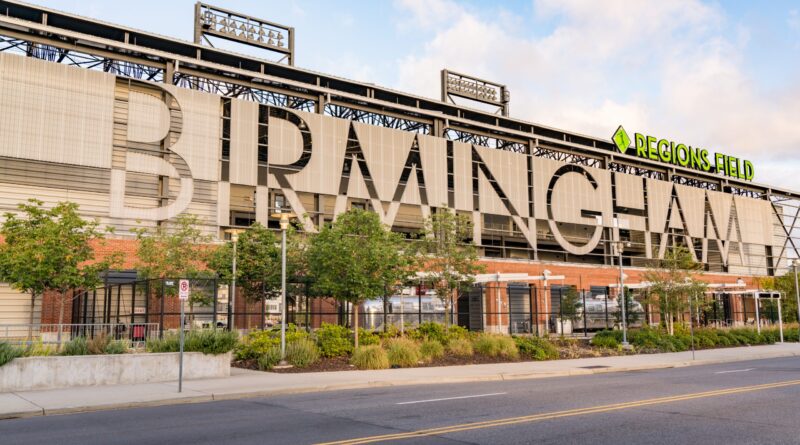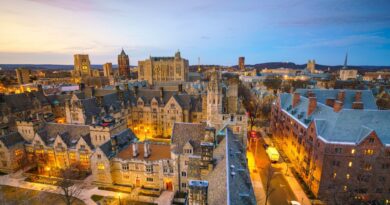History of Birmingham Alabama
Nestled in the heart of the southern United States, Birmingham, Alabama, stands as a testament to resilience, progress, and cultural diversity. Its story is one of triumph over adversity, marked by the struggles and successes of its people throughout the centuries. From its humble beginnings as a small mining town to its emergence as a bustling industrial hub and its evolution into a vibrant modern metropolis, Birmingham’s history is a captivating narrative of transformation and growth.
Early Years
Birmingham’s history dates back to the early 19th century when it was founded in 1871. The discovery of rich mineral deposits, including coal, iron ore, and limestone, fueled the city’s rapid expansion and earned it the moniker “The Magic City.” The burgeoning mining industry attracted waves of settlers seeking employment and opportunity, laying the groundwork for Birmingham’s industrial legacy.
Industrial Revolution
By the late 19th century, Birmingham had become a powerhouse of industry, with steel production at its core. The city’s strategic location, abundant natural resources, and innovative technologies propelled it to the forefront of the nation’s industrial landscape. It quickly earned a reputation as the “Pittsburgh of the South,” thanks to its booming steel mills and factories.
However, Birmingham’s industrial boom also brought significant challenges, including labor disputes, racial tensions, and environmental degradation. The city’s workforce, comprised largely of African American and immigrant laborers, faced harsh working conditions and systemic discrimination, leading to social unrest and civil rights struggles.
Civil Rights Movement
Birmingham played a pivotal role in the Civil Rights Movement of the 1960s, serving as a battleground for racial equality and justice. The city witnessed iconic moments such as the Birmingham Campaign, led by Dr. Martin Luther King Jr., which aimed to challenge segregation and discrimination through nonviolent protests and civil disobedience. The brutal suppression of peaceful demonstrators, including the infamous Birmingham church bombing that claimed the lives of four young girls, galvanized support for the Civil Rights cause and hastened the demise of segregation laws.
Modern Renaissance
In the decades following the Civil Rights era, Birmingham underwent a process of revitalization and renewal. The decline of heavy industry prompted the city to diversify its economy and embrace sectors such as healthcare, finance, and technology. Today, Birmingham stands as a dynamic urban center renowned for its cultural attractions, culinary scene, and vibrant arts community.
Conclusion
The history of Birmingham, Alabama, is a tapestry woven with threads of perseverance, struggle, and resilience. From its humble origins as a mining town to its pivotal role in the Civil Rights Movement and its ongoing evolution as a modern metropolis, Birmingham’s story reflects the enduring spirit of its people. As the city continues to forge ahead into the 21st century, its rich heritage serves as a reminder of the past while inspiring hope for the future.
Discover more from City Towner
Subscribe to get the latest posts sent to your email.




